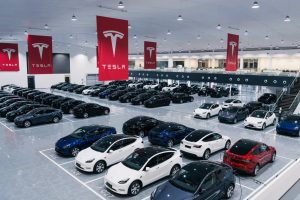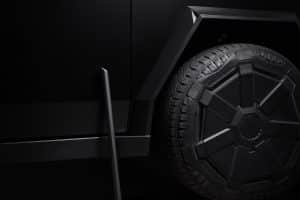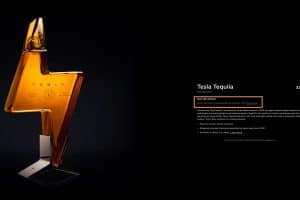Rivian recently announced that it would be adopting the Tesla North American Charging Standard (NACS) for its electric vehicles. This means that R1 vehicles starting next year would ship with an NACS adapter, and future vehicles, including the R2 line, would ship with the Tesla standard by default.
A look at Rivian forums shows that owners and enthusiasts of the EV maker’s all-electric trucks overwhelmingly support the idea of the company’s vehicles adopting the NACS. A poll that was held at the Rivian Owners Forum, for example, ended with 78.7% of respondents responding positively to the idea of the R1T and R1S, as well as succeeding Rivian vehicles, being compatible with Tesla Superchargers.
It should be noted that Rivian’s adoption of the NACS does not mean that the electric truck maker will no longer be building out the Rivian Adventure Network, which is expected to provide charging locations that would allow drivers to travel “along popular routes and out into the wilderness.” Rivian CEO and Founder RJ Scaringe shared this sentiment in a comment.
“The adoption of the North American Charging Standard will enable our existing and future customers to leverage Tesla’s expansive Supercharger network while we continue to build out our Rivian Adventure Network. We look forward to continuing to find new ways to accelerate EV adoption,” Scaringe said.
While companies like Rivian, as well as veterans like Ford and General Motors, have fully embraced the Tesla North American Charging Standard, other new automakers have expressed some reservations about the system. These include Lucid Motors, whose CEO, Peter Rawlinson, argued that the priority should be ultra-high voltage charging, not the debate between NACS and CSS.
“I think it’s very important that when we look at US taxpayers’ money here, and how it is put to best effect, that it should be placed into a charging infrastructure that is future proof. And that means an ultra-high voltage charging standard. A thousand volts. That is the future for EVs. And really, it doesn’t really matter whether that plug, the way that high voltage enters the car, whether it’s through an NACS or CCS plug — that’s almost beside the point here — what’s really important is that we go for this efficient, high-voltage, high-power charging,” Rawlinson said.





